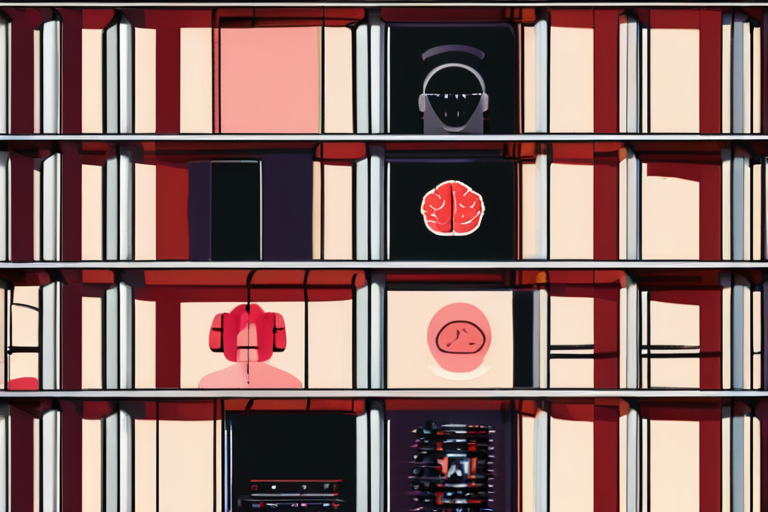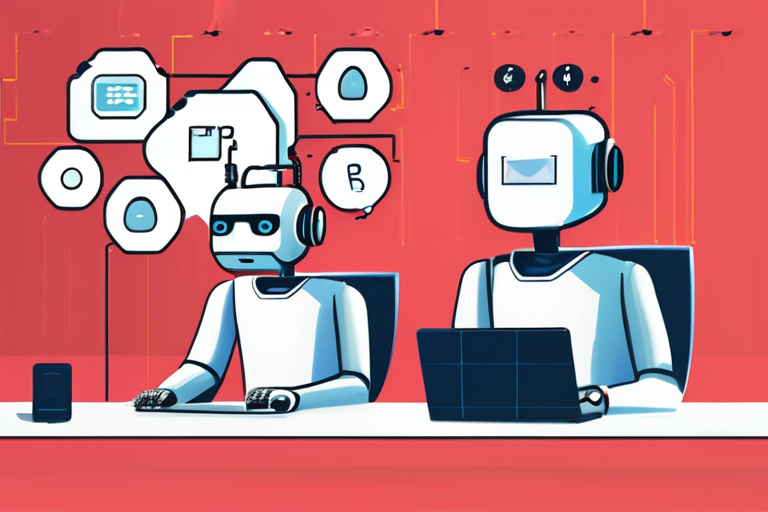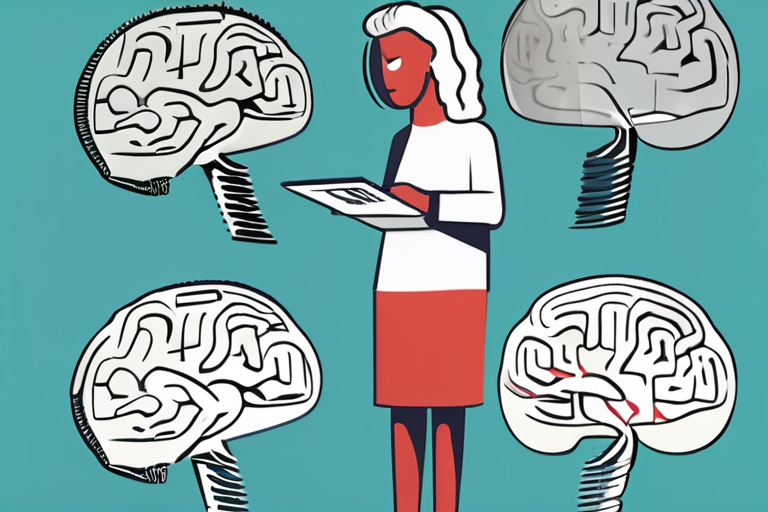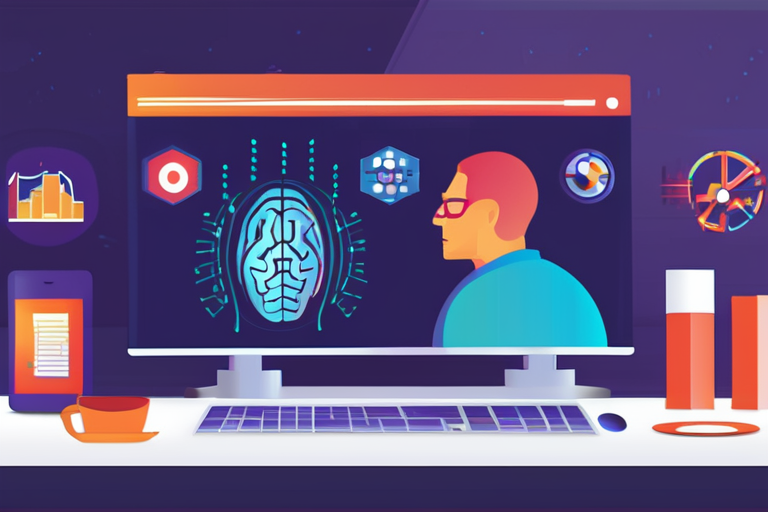

Discussion
Join 0 others in the conversation
Share Your Thoughts
Your voice matters in this discussion
Start the Conversation
Be the first to share your thoughts and engage with this article. Your perspective matters!
More Stories
Discover articles from our community

AI Cheating Myths Debunked: What the Data Really Reveals
 Hoppi
Hoppi

The AI Hype Index: Cracking the chatbot code
 Hoppi
Hoppi

MIT Study: Large Language Models Quiet Brain Activity in Users
 Hoppi
Hoppi

MIT Study Finds AI-Driven Brain Activity Decline Among Users
 Hoppi
Hoppi

Americans Worry About AI's Growing Role in Daily Life Amid Rising Concerns
 Hoppi
Hoppi

Computer Science Professor Sounds Alarm on AI's Rushed Integration into Education
 Hoppi
Hoppi

AI Cheating Myths Debunked: What the Data Really Reveals
AI Cheating Panic: What the Data Actually Says Stanford Graduate School of Education Associate Professor Victor R. Lee has been …

Hoppi

The AI Hype Index: Cracking the chatbot code
The AI Hype Index: Cracking the Chatbot Code In a bid to demystify the rapidly evolving field of artificial intelligence …

Hoppi

MIT Study: Large Language Models Quiet Brain Activity in Users
MIT Study Reveals AI-Induced Reduction in Brain Activity A recent study conducted by researchers at the Massachusetts Institute of Technology …

Hoppi

MIT Study Finds AI-Driven Brain Activity Decline Among Users
MIT Study Reveals AI-Induced Reduction in Brain Activity A recent study conducted by researchers at the Massachusetts Institute of Technology …

Hoppi

Americans Worry About AI's Growing Role in Daily Life Amid Rising Concerns
Americans Express Concern Over AI's Growing Presence in Daily Life A recent survey conducted by Pew Research has revealed that …

Hoppi

Computer Science Professor Sounds Alarm on AI's Rushed Integration into Education
Computer Science Professor Expresses Concerns Over AI's Role in Education A prominent computer science professor has spoken out against the …

Hoppi
